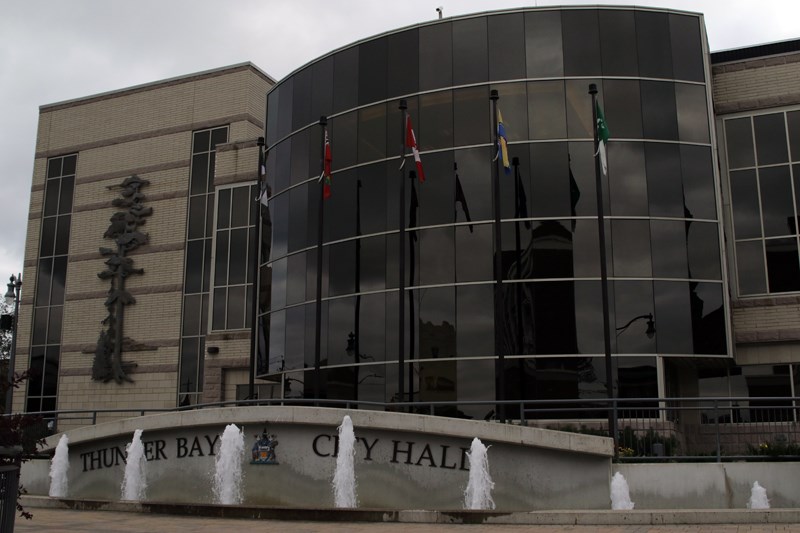THUNDER BAY – City administration projects it will spend 5.4 per cent more in 2017 while experiencing zero tax revenue growth.
Staff will present city council with a starting point for the 2017 budget on Oct. 3, recommending a 4.4 per cent increase to the tax levy.
The plan would also reduce tax-supported operating expenditures by $1.8 million, the equivalent of a one per cent levy increase.
City manager Norm Gale conceded the increase is high as he added his team is at the beginning of the budget process.
“There’s a lot of work to do between now and February on the budget and there are many opportunities for consultations, many more discussions and ultimately, council will make the determination as to 2017 budgets,” Gale said.
The preliminary plan comes in response to council’s request to have administration hold levy increase projections to an yearly average increase of 3.2 per cent between 2016 and 2018.
Should council accept administration's recommendation, staff estimates the tax levy will increase 3.1 per cent in 2018 and three per cent in 2019.
The plan also commits to holding the line on infrastructure costs. While provincial and federal programs present opportunities to supplement 2017 capital spending, administration's proposal commits to not increasing its tax-supported cost.
"The envelope for the capital projects, the road work, is going to be maintained at a taxation rate of zero," said corporate services general manger Rob Colquhoun.
"There are opportunities on the growth side for a lot of construction activities. We'll see how those applications pan out."
Administration is designing the budget to project zero net growth in its 2017 tax-supported income.
Colquhoun said the city is awaiting the result of the Resolute mill and grain elevator property assessment appeals, among others,, which are expected to conclude in December.
Based on similar cases, city staff estimates the decline in the values of those properties will result in a tax revenue decline that will cancel out the taxes paid for all new developed properties.
"There has been some appeals of property values, mainly in the large industrial properties. That offsets the growth calculations," Colquhoun said.
"The calculation looks at the taxes generated from new construction activity less the loss of taxes from the assessment appeals. When you factor in those two parts of the equation, our current projection is that it will be zero for this year."
